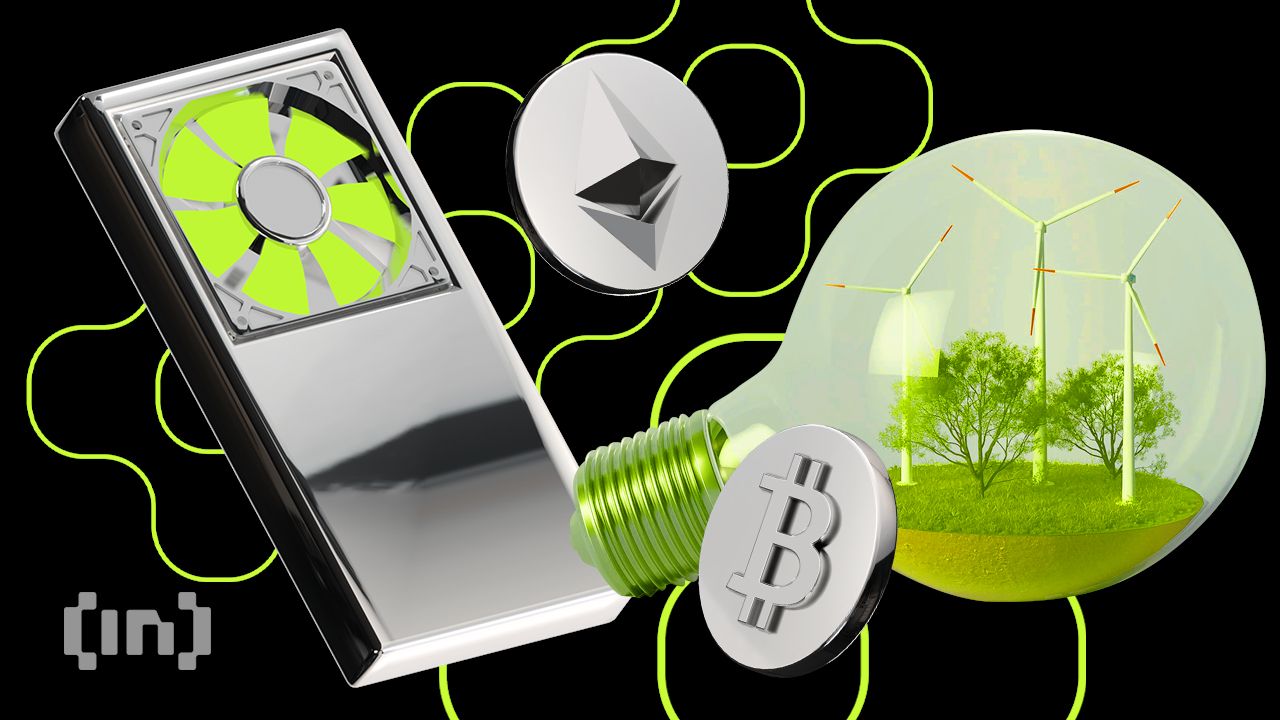In a significant shift that may redefine its economic landscape, Iceland is contemplating a move away from its burgeoning Bitcoin mining sector. The country will address more pressing concerns related to food security and energy sustainability.
Prime Minister Katrín Jakobsdóttir voiced her apprehensions about the nation’s energy consumption patterns. Especially in light of the increasing demands from the cryptocurrency mining industry.
Iceland, nestled atop the Mid-Atlantic ridge, is a haven for Bitcoin miners, thanks to its abundant renewable energy resources. The country’s vast reserves of hydro and geothermal energy have made it an attractive destination for data centers dedicated to the energy-intensive process of Bitcoin mining.
However, this has led to an unprecedented surge in energy consumption. Currently, the country consumes about 120 MW of power, making it the most Bitcoin-mining-dense region globally.
The Prime Minister expressed concerns over the sustainability of this energy consumption, especially considering the adverse impacts on other vital sectors like agriculture.
“Data centers in Iceland use a significant share of our green energy,” Jakobsdóttir remarked,
This revelation comes at a time when the global balance of Bitcoin mining is experiencing a shift. New players are continuously entering the mining scene. Thanks to its cheap electricity and entrepreneurial spirit, Iceland, once a pioneer in industrial-scale Bitcoin mining, is now reevaluating its stance in light of broader economic and environmental considerations.
Read More: Bitcoin Mining From Home: Is It Possible in 2024?
The island’s alarming reliance on imports for basic food staples underscores the decision. With only 1% of grains and 43% of vegetables produced domestically. Jakobsdóttir’s proposed pivot towards bolstering food production signifies a strategic redirection of Iceland’s renewable energy resources to support more sustainable and essential sectors. This will ensure energy security for households and industries beyond crypto mining.
This strategic shift is reflective of a broader trend within the crypto-mining industry. Which is bracing for significant changes after the anticipated Bitcoin halving event in April. Industry experts, including Marathon Digital Holdings CEO Fred Thiel, have warned of the impending financial pressures on smaller miners. Which could lead to a consolidation in favor of larger players with more robust financial backing.
“Post halving I think you’ll see the smaller miners come under financial stress, which will enable the bigger miners to consolidate the industry,” Thiel stated.
In navigating a crucial change, Iceland views its shift as more than just a way to secure energy and food. It’s also a sign of its dedication to sustainable growth.
Read More: How Much Electricity Does Bitcoin Mining Use?
Hence, Iceland is redirecting its renewable energy from crypto mining to vital fields such as agriculture. This move showcases Iceland’s ability to merge tech progress with eco-friendly practices and economic stability.

